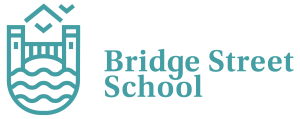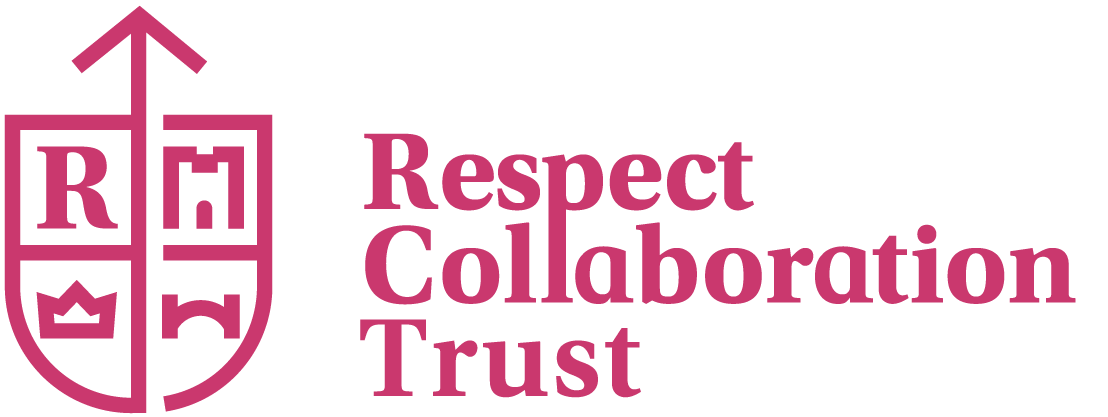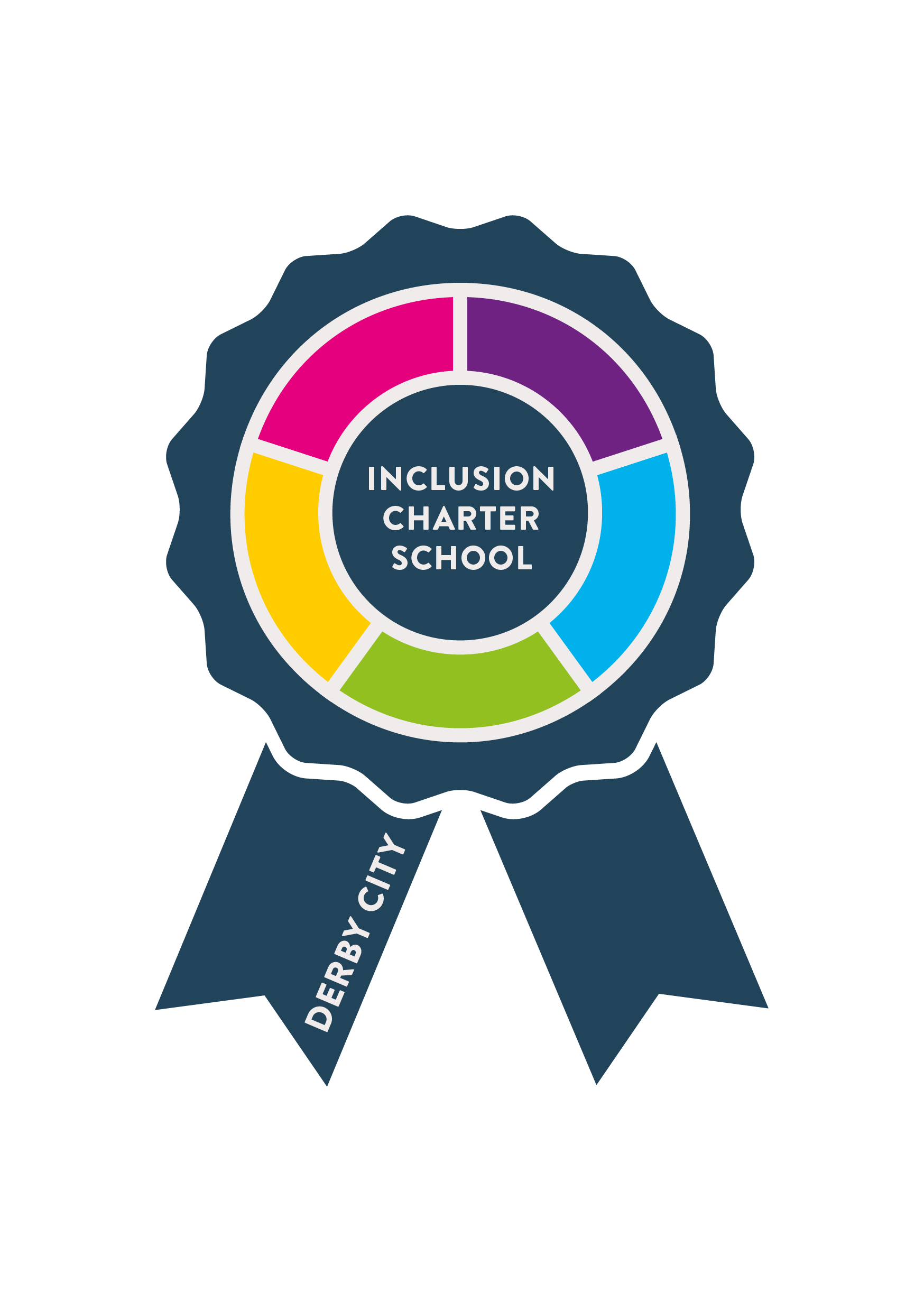Overview
When children study Maths, it allows them to be able to confidently apply and utilise numeracy skills in their daily lives and helps them to develop important problem-solving skills by encouraging them to seek solutions.
Intent
Our curriculum for Mathematics supports students to develop their current skills and builds on prior knowledge to access higher levels of learning.
The intent of this allows for a clear pace of progression for pupils with different starting points.
Implementation
Maths is taught every day in mixed age class groups. The whole school Long term plan allows for targeted learning for pupils with different starting points and for skills to be revisited regularly to gain a deep understanding. Each class has access to a wide range of maths manipulatives, an interactive white board and computers that aim to meet the different learning styles of pupils. As pupils work towards their National Assessments in KS1 and KS2, preparation is encouraged in the form of weekly practice questions. Learning times table facts can have a huge impact on children’s fluency in many areas of the maths curriculum; the school promotes this through the additional use of Times Tables Rock Stars
Impact
Pupils enjoy maths and the engagement in lessons is positive. The school recognises the need to develop resilience in order to become successful problem solvers. Our Curriculum aims to provide a foundation for understanding the world, the ability to reason mathematically, an appreciation of the beauty and power of mathematics, and a sense of enjoyment and curiosity about the subject.
Cultural Capital
Pupils are encouraged to develop an understanding of the ‘real life’ context that maths skills are essential for. To develop this, half termly class projects are organised whereby the class will need to use maths skills to plan an activity. This might involve the use of calculations, money, measures, time or statistics.




